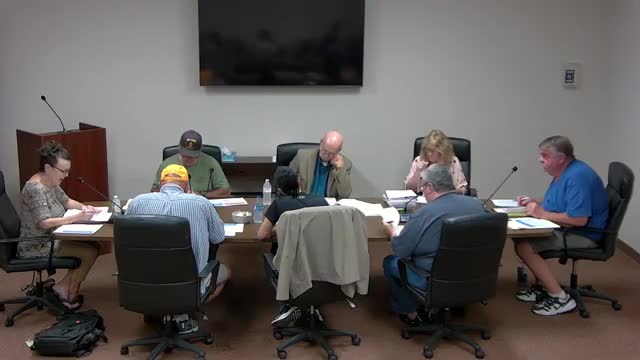Article not found
This article is no longer available. But don't worry—we've gathered other articles that discuss the same topic.
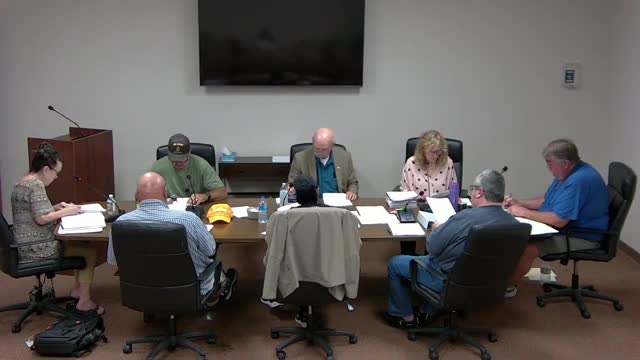
Committee approves multiple budget amendments including conference center work, jail camera replacement and opioid fund disbursements
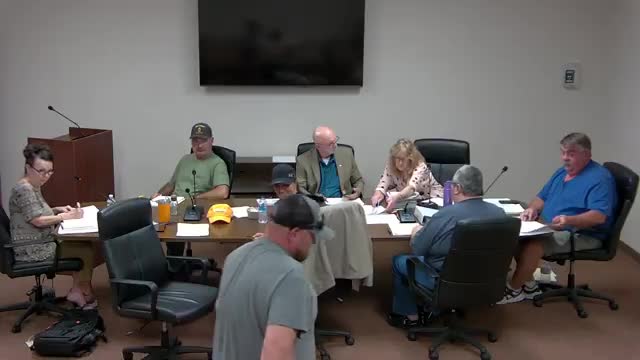
Committee approves road department budget amendment for subdivision paving and drainage work
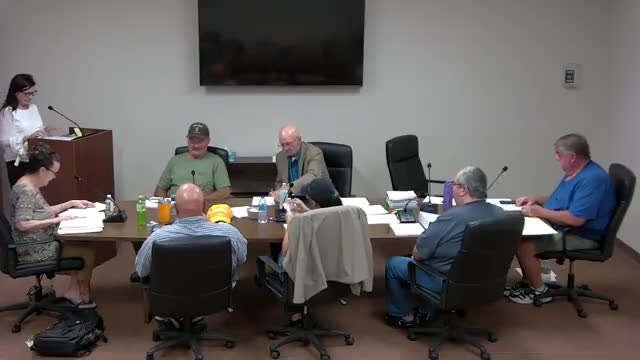
Property assessor reports rising parcel counts, requests 5% staff raise and vehicle funding
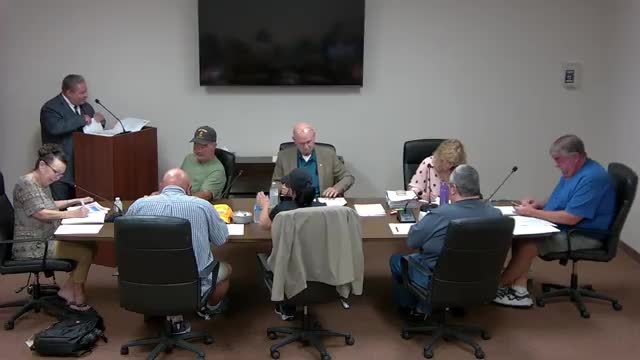
Coffee County trustee highlights strong collections, requests 12% staff wage increase
